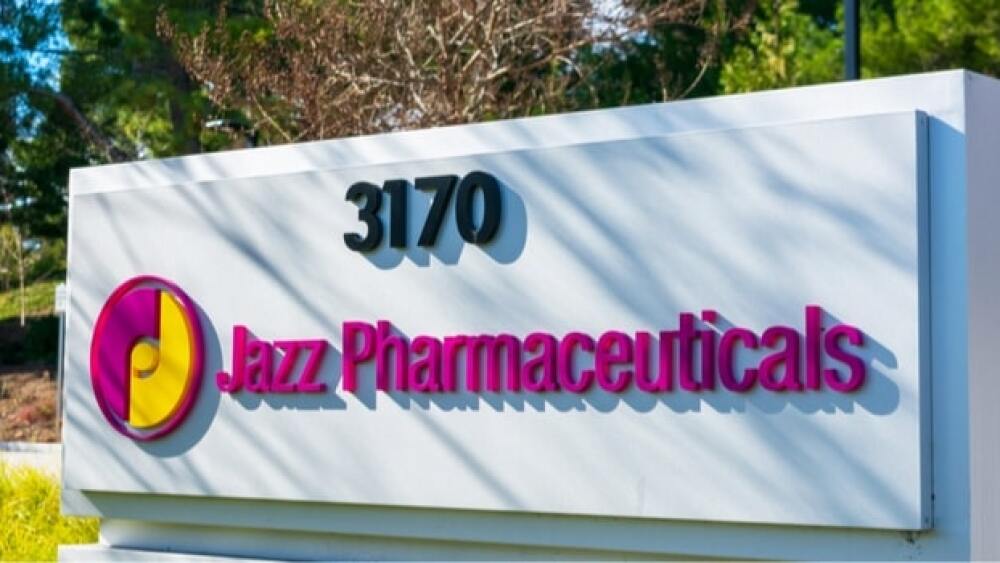Jazz Pharmaceuticals and Zymeworks announced results from a Phase II trial of the latter’s HER2-targeted antibody for metastatic gastroesophageal adenocarcinoma.
Courtesy of Getty Images
Jazz Pharmaceuticals’ $375 million investment into Zymeworks looks to be a sound one. The two announced “compelling” results Thursday from a Phase II trial of the latter’s HER2-targeted antibody for metastatic gastroesophageal adenocarcinoma.
Preliminary results showed the 18-month overall survival rate was 84% at the time of analysis, a significant win for this type of cancer.
“Gastroesophageal adenocarcinoma represents one of the most frequent tumor types worldwide and, tragically, a leading cause of cancer-related deaths,” said Elena Elimova, M.D., lead trial investigator.
Zymeworks’ drug, zanidatamab, was coupled with standard, first-line chemotherapy in 46 patients with advanced HER2-expressing mGEA across the U.S., Canada and South Korea.
In addition to the 18-month OS, the overall confirmed objective response rate was 79%, while the disease control rate was 92%. The median duration of response was 20.4 months.
The five-year survival rate for esophageal cancer once it has spread to surrounding tissues is 26%. If cancer has spread to distant parts of the body, that number drops to 5%.
Jazz added zanidatamab to its pipeline last October when the company entered into a $50 million licensing agreement with Zymeworks. Two months later, a Phase IIb testing of the drug as a monotherapy confirmed a 41% ORR in patients with previously treated HER2-amplified and expressing biliary tract cancers.
At that point, Jazz opted in on its rights to the exclusive development of zanidatamab, granting the company commercialization rights in the U.S., Europe and Japan. In addition to a $325 million cash infusion, Zymeworks now stands to gain up to $1.76 billion in regulatory and commercial milestones.
Zanidatamab is a bispecific antibody capable of binding two non-overlapping epitopes of HER2. The novel design increases HER2 signal blocking and removal of the protein from the cell surface leading to potent antitumor activity.
The drug is already in an ongoing pivotal Phase III trial to support U.S. and global regulatory filings. It’s also in trials for other HER2-expressing solid tumors, including biliary tract, colorectal and breast cancers. The FDA granted Breakthrough Therapy and two Fast Track designations for the drug.






